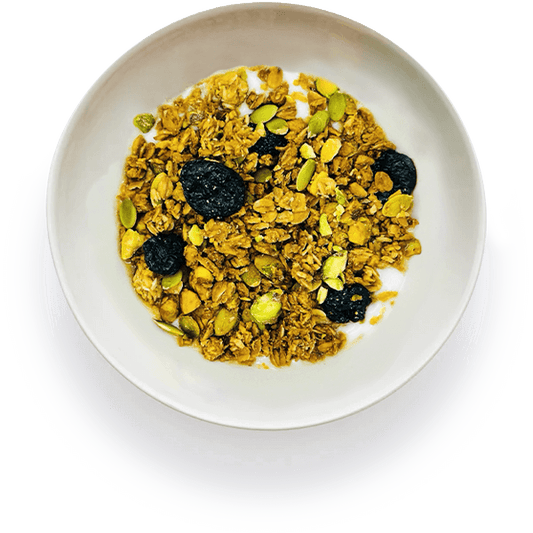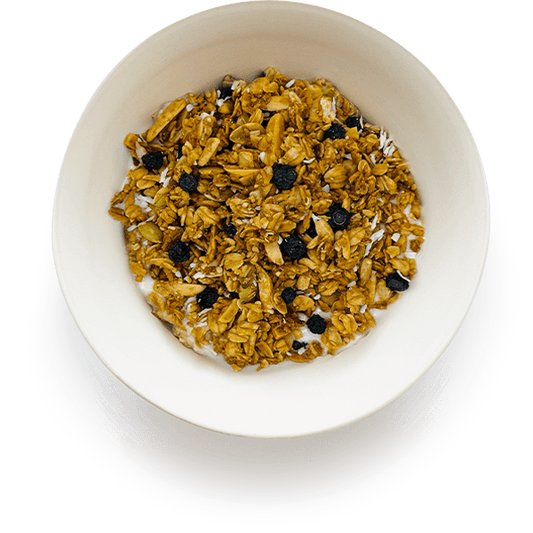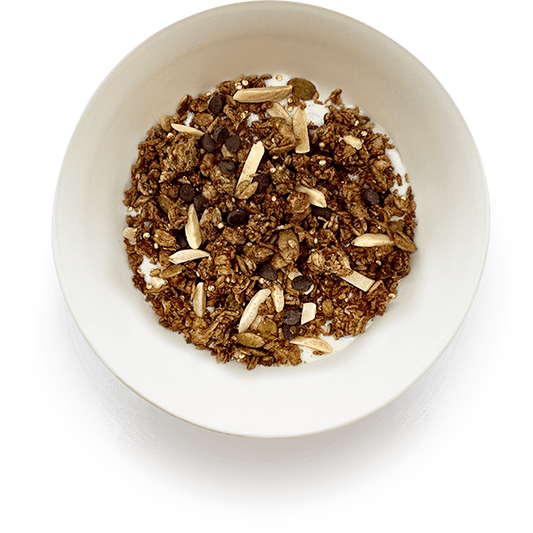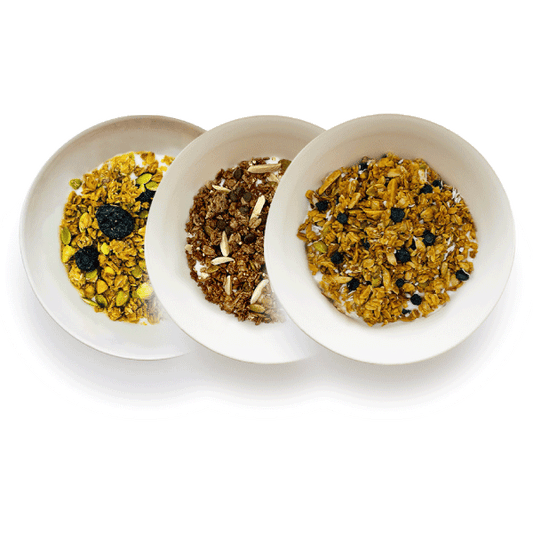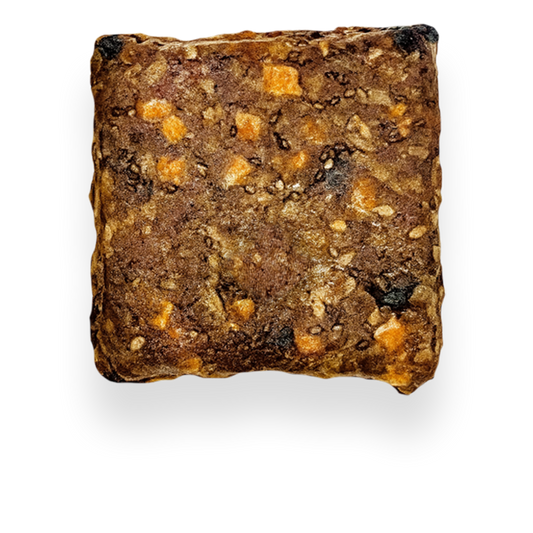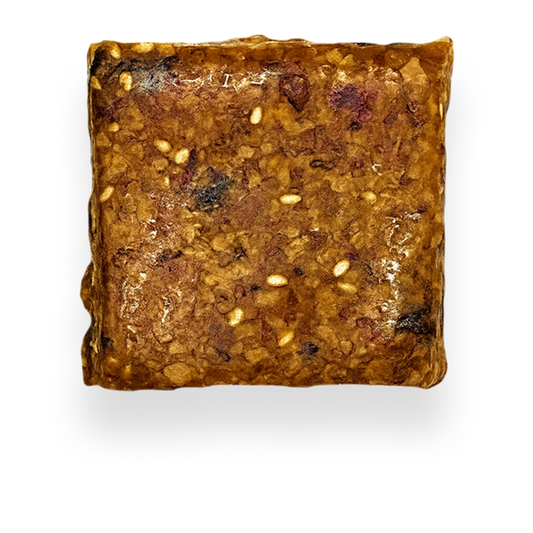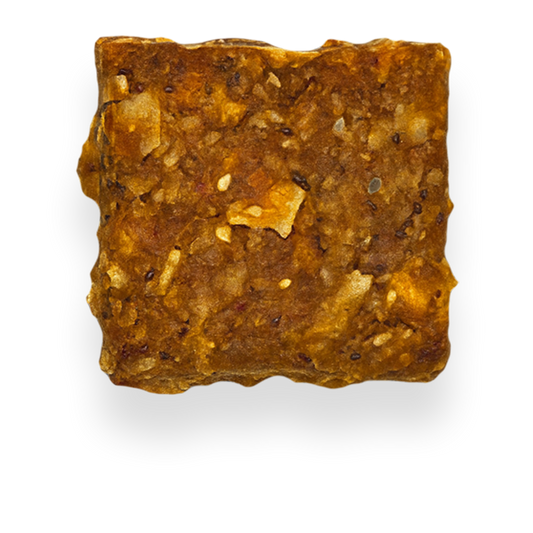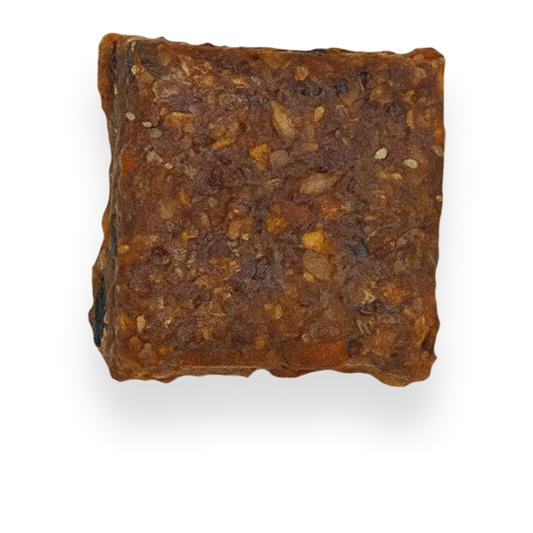Whole Foods vs. Processed Foods: A Comprehensive Guide
By FireRoad
Overview
Whole foods are minimally processed, nutrient-dense foods like fruits, vegetables, whole grains, and lean proteins that offer numerous health benefits. In contrast, processed foods often contain unhealthy additives and lack essential nutrients. To improve your diet, focus on incorporating more whole foods, check ingredient lists, meal prep, and replace processed snacks with healthier options. Embracing whole foods can enhance your fitness journey and overall health.
When it comes to nutrition, the debate between whole foods and processed foods continues to be a hot topic. As consumers become more health-conscious, understanding the differences between these two categories of food is essential for making informed dietary choices. This article will explore the characteristics of whole foods and processed foods, shedding light on their impact on your health, nutrition, and overall fitness journey.
What Are Whole Foods?
Whole foods are foods that are minimally processed and free from artificial ingredients and additives. These foods retain their original form and provide a wealth of nutrients. Examples include:
- Fruits and vegetables
- Whole grains like quinoa, brown rice, and oats
- Nuts and seeds
- Legumes, such as beans and lentils
- Animal products like eggs, meat, and dairy from grass-fed sources
Whole foods are often lauded for their numerous health benefits. They are rich in nutrients, providing vitamins, minerals, antioxidants, and fiber that are essential for maintaining good health.
What Are Processed Foods?
Processed foods, on the other hand, refer to foods that have been altered from their natural state for reasons of preservation or flavor enhancement. This can include anything from canned vegetables to ready-to-eat meals. Some common characteristics of processed foods are:
- Added sugars and salt
- Artificial preservatives
- Trans fats or hydrogenated oils
- Refined grains, which lose many of their nutrients during processing
While not all processed foods are unhealthy, many can contribute to less-than-ideal health outcomes if consumed in excess. This is particularly true for those that contain high levels of unhealthy fats, sugars, and sodium.
The Nutritional Impact of Whole Foods
Whole foods provide a plethora of health benefits, primarily due to their nutrient density. They are packed with essential elements needed for optimal bodily functions. For instance, fruits and vegetables are abundant in vitamins, while whole grains offer important dietary fiber. Let’s take a closer look at some key nutritional elements:
Vitamins and Minerals
Whole foods supply a broad spectrum of vitamins and minerals, which support various bodily functions, from immune system maintenance to energy production. For example, leafy greens are high in Vitamin K and folate, while citrus fruits offer a generous dose of Vitamin C.
Healthy Fats
Whole foods such as avocados and nuts contain healthy fats that are imperative for brain health and cellular function. These fats help reduce inflammation, contributing to overall wellness.
Nutrients for Fitness
For those on a fitness journey, whole foods can be transformational. Foods rich in protein, like legumes and lean meats, are crucial for muscle repair and recovery post-exercise. Incorporating these foods into your diet can optimize your fitness results, whether you're lifting weights or engaging in endurance training.
The Dangers of Processed Foods
Though they may be convenient, processed foods often come with a downside. Here’s why you might want to reduce their consumption:
High in Unhealthy Additives
Many processed foods are loaded with additives such as sodium, sugars, and unhealthy fats. Regular consumption of these additives can lead to various health issues, including obesity, heart disease, and diabetes.
Low in Nutritional Value
Processed foods often lack the nutrients you need for optimal health and performance. While they may provide calories, they frequently offer little in terms of vitamins, minerals, and other beneficial compounds. This can leave you feeling unsatisfied and may lead to overeating.
Making Healthy Choices: A Practical Guide
Navigating between whole and processed foods can be challenging, but it's essential for achieving a healthy diet. Here are some practical tips to keep in mind:
- Check the Ingredients: Look for products with minimal ingredients. The fewer the ingredients, the better.
- Meal Prep: Preparing meals at home allows you to control what goes into your food, focusing on whole ingredients.
- Replace with Nutrient-Dense Options: Swap out processed snacks for whole food alternatives. For example, choose nuts or fruits over chips or cookies.
- Opt for Frozen over Canned: Frozen fruits and vegetables can maintain their nutrient content much better than their canned counterparts.
- Hydrate Wisely: Choose water or homemade beverages over sugary drinks.
Delicious Ideas for Whole Foods
Eating whole foods doesn't have to be bland or boring. In fact, they can be incredibly flavorful when prepared thoughtfully. Consider these ideas:
Anti-Inflammatory Broth
One fantastic way to incorporate whole foods is by making an anti-inflammatory broth. Use vegetables like carrots, celery, and garlic along with spices like turmeric and ginger to create a nourishing broth. This can serve as a base for soups or be consumed on its own to help prevent inflammation.
Flavorful Grain Bowls
Creating grain bowls is another exciting way to enjoy whole foods. Combine quinoa or brown rice with an assortment of colorful vegetables, add in your choice of protein, such as grilled chicken or chickpeas, and finish with a drizzle of olive oil and a squeeze of lemon juice for a delicious, nutrient-rich meal.
Sweet Treats with Whole Food Ingredients
Curb your sweet tooth with whole food desserts. Use ripe bananas or dates as natural sweeteners in baking, and explore recipes that incorporate oats, nuts, and fruits for a satisfying and healthy treat.
Aligning Your Diet with Your Lifestyle
Ultimately, understanding the relationship between whole foods and processed foods can help you create a diet that aligns with your fitness goals and health aspirations. Whether you’re striving for weight loss, muscle gain, or simply better overall health, focusing on whole foods will lead you in the right direction.
Your Health Journey Starts Now!
Now that you're armed with the knowledge of whole foods versus processed foods, it's time to take action! Begin incorporating more whole foods into your meals today, explore new recipes, and discover the joys of eating healthily. As you make these changes, you'll not only feel better but also empower yourself to maintain a diet that enhances your overall quality of life. Remember, every small change counts towards your goal of a healthier lifestyle!
Linked Product

Miso Turmeric Broth
Miso Turmeric Broth offers a nourishing blend of functional ingredients, including turmeric, ginger, and shiitake mushrooms, which may support recovery and gut health. This versatile broth can be enjoyed on its own or used as a flavorful base for soups and dishes. Each order provides two servings, making it a convenient option for healthy meal preparation.
View Product


